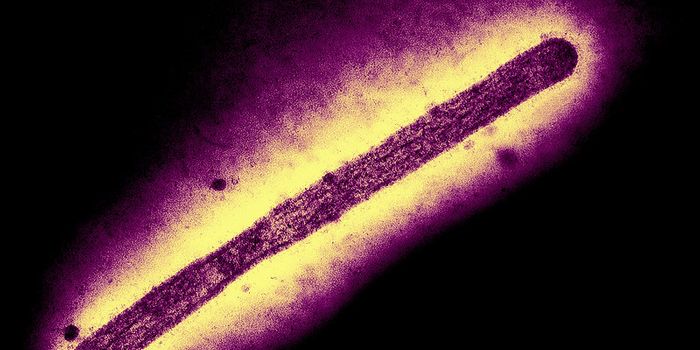Cat Parasite Gives Clues on New Drug Targets for Schizophrenia
Researchers from the UK and France have discussed a mechanism of action behind the infamous Toxoplasma gondii parasite transferred to humans from cat litter that may lead to the development of new treatments for schizophrenia and other neurological disorders.
Estimates say that between 30% and 50% of the world’s population is infected with the parasite. While those infected are usually asymptomatic, it is known to cause headaches, confusion, and seizures in others. It is also linked to an increase in the risk of developing schizophrenia and behavioral changes in rodents.
T. gondii is only able to sexually reproduce in cats. In doing so, it forms cysts that are excreted in the cat’s feces, where they can then enter new hosts via ingestion of anything contaminated by them. This includes water, soil, vegetables, blood transfusions, and mother to fetus. Virtually any warm-blooded animal may be a host.
After being infected, the infection enters a dormant phase within a few weeks, during which it forms cysts in the brain. These cysts remain there for years, where they affect neurotransmitter norepinephrine levels.
In their new study, the researchers found that the parasite’s ability to reduce norepinephrine disrupts the body’s ability to regulate the immune system. This then leads to an overactive immune response, which may then change the host’s cognitive functions.
“Our insight connects the two opposing theories for how Toxoplasma alters host behavior and this may apply to other infections of the nervous system,” says Glenn McConkey, one of the researchers behind the paper. “
One school believes that behavior changes are invoked by the immune response to infection and the other that changes are due to altered neurotransmitters.”
The researchers say that their findings will contribute to our understanding of the link between brain inflammation and cognition. As such, they hope that their work will go on to inform the development of antipsychotic treatments.
Sources: Neuroscience News, Trends in Immunology









